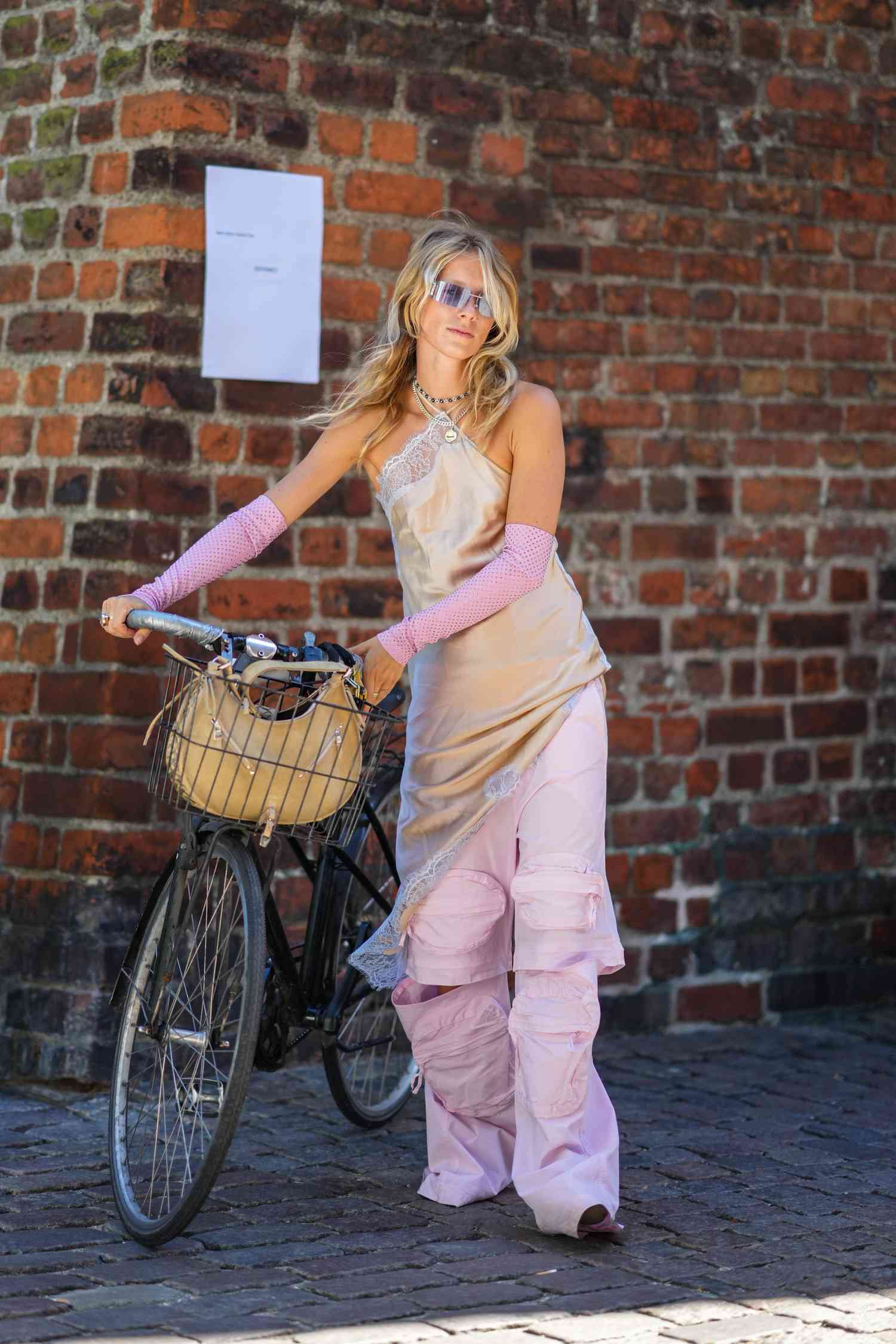The Y2K trend has been making waves in the fashion world, with many people embracing the styles of the early 2000s. However, as the world continues to grapple with the COVID-19 pandemic, the impact on fashion and trends has been significant. In this blog post, we will explore the impact of the pandemic on the Y2K trend and how it has evolved in response to global events.
Shifts in Consumer Behavior
One of the most significant impacts of the pandemic on the Y2K clothing trend has been a shift in consumer behavior. As people spend more time at home and limit their social interactions, there has been less of a demand for trendy, fashionable clothing. Comfort and practicality have become more important, with many people opting for loungewear and athleisure instead of Y2K-inspired styles.
Moreover, as people’s budgets have tightened due to the economic impact of the pandemic, there has been less disposable income to spend on fashion. This has led to a shift towards sustainable fashion and vintage shopping, with people seeking out more affordable and eco-friendly alternatives to the fast fashion industry.
Virtual Fashion and Online Shopping
Despite the challenges posed by the pandemic, there have been innovative responses to the changes in fashion and consumer behavior. Virtual fashion and online shopping have become increasingly popular as people seek out new ways to engage with fashion and trends.
Virtual fashion refers to the creation of digital clothing and accessories that can be worn in virtual or online environments. This trend has gained traction as people spend more time on social media and virtual platforms, with influencers and brands showcasing digital clothing as a way to engage with fashion in a socially distant world.
Online shopping has also become more important as people limit their in-person shopping experiences. Online marketplaces for vintage and second-hand clothing have seen a surge in popularity, with people seeking out sustainable and affordable alternatives to new production.
Embracing Comfort and Practicality
As mentioned, the pandemic has shifted consumers’ priorities towards comfort and practicality in their clothing choices. This has led to a resurgence of popular Y2K-inspired items like tracksuits, oversized sweatshirts, and hoodies.
However, the Y2K clothing trend has also evolved to incorporate these new priorities, with brands and designers emphasizing comfortable materials and practical design elements in their collections. This has led to a blending of Y2K-inspired aesthetics with the more functional styles of the pandemic era.
Reevaluating Fashion and Trends
Another impact of the pandemic on the Y2K trend is that it has prompted a reevaluation of fashion and trends more broadly. As people confront the global health and economic crises, they have become more aware of the role that fashion plays in our society and the impact that it can have on the environment and social justice.
This has led to a growing interest in sustainable fashion and a push towards more responsible consumption. Many people now view fashion as a means of self-expression and creativity, but also as a way to support ethical and sustainable practices in the industry.
The Y2K trend, with its emphasis on vintage and second-hand clothing, has played a key role in this shift towards sustainable fashion. By embracing the styles of the early 2000s, people are rejecting the idea that fashion must always be new and trendy, and instead celebrating the unique qualities of vintage clothing.
Moreover, the Y2K trend has been celebrated for its inclusivity and diversity, with its eclectic mix of styles and influences. As the world confronts issues of systemic racism and inequality, the Y2K trend offers a way to appreciate and celebrate diverse perspectives and cultural influences in fashion.
In conclusion, the pandemic has had a significant impact on the Y2K trend, shaping consumer behavior, inspiring new innovations, and prompting a reevaluation of fashion and trends. While the trend itself has evolved to incorporate new priorities and respond to global events, it remains a celebration of the unique qualities of vintage clothing and a rejection of the fast fashion industry. Moving forward, we may see a continued interest in sustainable and ethical fashion, as people embrace the Y2K trend as a means of supporting responsible consumption and creative expression.
